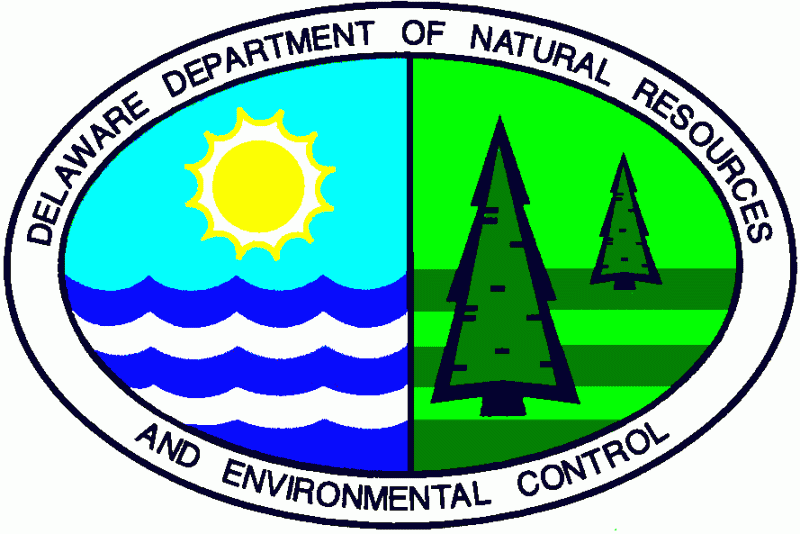The Bullet:
The owners and Chief Executive Officers of Total Reclaim, the Northwest’s largest recycler of electronic waste, were sentenced on April 23, 2019 in U.S. District Court in Seattle to 28 months in prison and three years of supervised release for conspiracy to commit wire fraud.
Who:
- U.S. District Judge Richard A. Jones.
- The case was investigated by the EPA’s Criminal Investigation Division and is being prosecuted by Assistant United States Attorney Seth Wilkinson.
- Total Reclaim. A company owned by:
- Craig Lorch, 61, of Seattle, WA
- Jeff Zirkle, 55, of Bonney Lake, WA
- The Basel Action Network (“BAN”) a non-governmental organization.
Contact me with any questions you may have about the generation, identification, management, and disposal of hazardous waste Daniels Training Services, Inc. 815.821.1550 |
What:
- Total Reclaim was the biggest participant in “E-Cycle Washington,” a program created by the Washington legislature to provide for the safe recycling of hazardous electronic products.
- Under E-Cycle Washington, consumers drop off used electronics at stations such as Goodwill Industries free of charge. The program then paid Total Reclaim to recycle the electronics according to Washington Department of Ecology standards.
- Those standards bar recyclers from sending hazardous electronics products overseas.
- Total Reclaim signed a public pledge in which it promised not to “allow the export of hazardous E-waste we handle to be exported” to developing countries, where workers are known to disassemble electronics, which contain dangerous materials such as mercury, without safety precautions.
- Total Reclaim signed agreements with customers, such as the City of Seattle, in which the customers agreed to pay Total Reclaim to recycle electronics in accordance with these standards.
- The defendants secretly caused over 8 million pounds of mercury-containing flat screen monitors to be exported to Hong Kong.
- To prevent customers and auditors from learning of the practice, Lorch and Zirkle falsified documents, made false statements to customers, and stored the monitors at an undisclosed facility while they awaited shipping.
- Lorch and Zirkle have agreed to pay $945,663 in restitution.
Where:
- The program operated within Washington state.
- e-Waste was shipped to Hong Kong in China.
When:
- The defendants’ fraud was discovered in 2014.
- Lorch and Zirkle caused at least 8.3 million pounds of monitors to be shipped to Hong Kong between 2008 and 2015.
- “Your conduct spanned seven years and only stopped because you were caught. You had multiple opportunities to say enough is enough,” Judge Jones said.
- The pair were sentenced on April 23, 2019.
Interested in site specific training at your site that covers this topic, and more! Ask me about my Onsite Training |
Why:
- Total Reclaim began secretly exporting flat screen monitors to Hong Kong to avoid the cost of safely recycling the monitors in the United States.
- According to court filings, it would have cost Total Reclaim about $2.6 million to appropriately dispose of the monitors.
- At the sentencing hearing, U.S. District Judge Richard A. Jones noted that with the men’s conduct could have impacted generations with mercury poisoning.
How:
- The defendants’ fraud was discovered in 2014 by a non-governmental organization known as the Basel Action Network (“BAN”).
Conclusion:
Read the full report from the USEPA Environmental Crimes Case Bulletin for March through April 2019.
Usually the violation of regulations and the improper management of waste results in fines alone. This case was different due to its scope and the level of deliberate deception involved. Question: do you audit the companies that manage your waste (hazardous, non-hazardous, special, universal, used oil, recycled…whatever)? If you don’t, you should. The generator of a waste – any waste – has a cradle-to-grave responsibility for its management.
Daniels Training Services, Inc. 815.821.1550 |

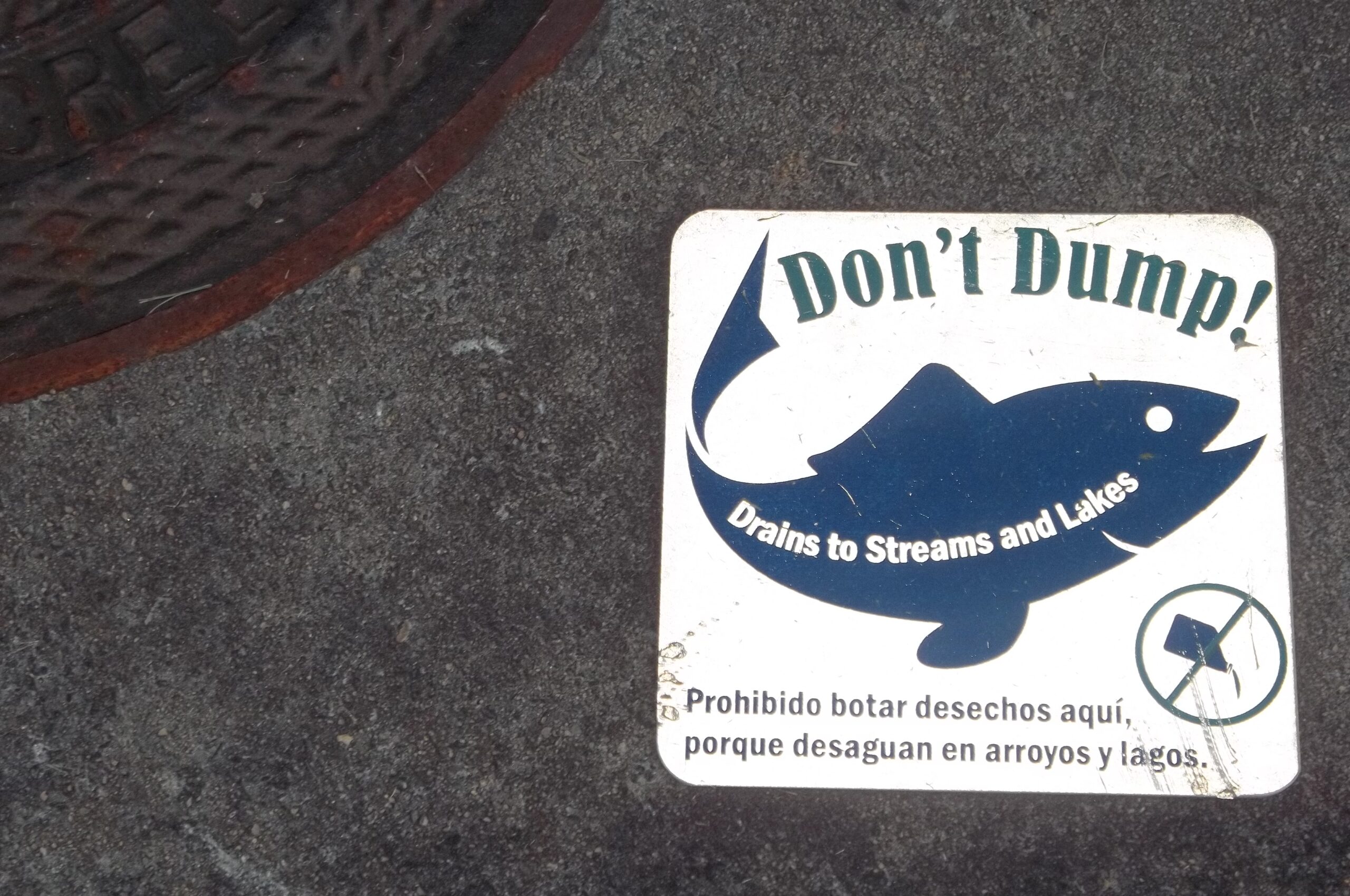
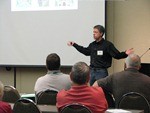
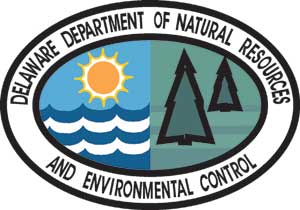 Delaware Department of Natural Resources and Environmental Control (DNREC)
Delaware Department of Natural Resources and Environmental Control (DNREC)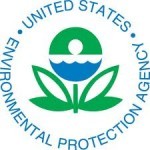 U.S Environmental Protection Agency Region 10.
U.S Environmental Protection Agency Region 10.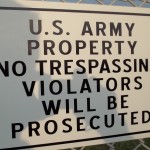 The other interesting aspect of this announcement is that the U.S. Army is subject to EPA regulations under RCRA. Got that? There is no exclusion from regulation under RCRA even for our armed forces. (Last month I published an announcement of
The other interesting aspect of this announcement is that the U.S. Army is subject to EPA regulations under RCRA. Got that? There is no exclusion from regulation under RCRA even for our armed forces. (Last month I published an announcement of 
